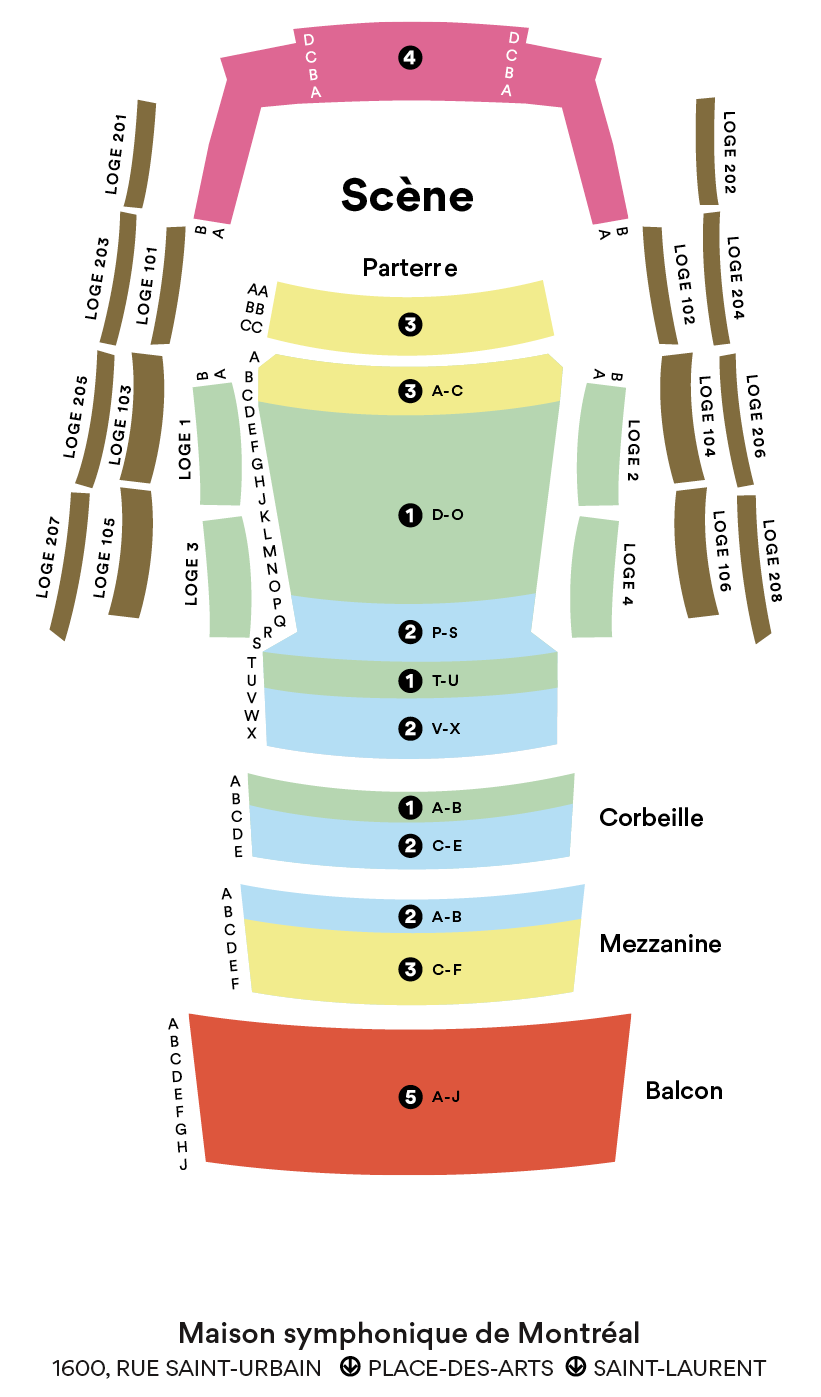Ballade for orchestra in A minor
Samuel Coleridge-Taylor
1875 – 1912
“I want to be nothing in the world except what I am: a musician.” – Samuel Coleridge-Taylor
In April 1898, on being offered a commission from the Three Choirs Festival, Edward Elgar replied: “I am sorry I am too busy to do so. I wish, wish, wish you would ask Coleridge-Taylor to do it. He still wants recognition, and he is far and away the cleverest fellow going amongst the young men.” The recommendation resulted in the young composer writing his Ballade in A minor for full orchestra.
Samuel Coleridge-Taylor was born in 1875 to a Sierra Leonean father, who had come to London to study medicine, and a British mother, and his musical gifts soon became apparent. After learning to play the piano and violin, he entered the Royal College of Music in London, where he studied composition under Charles Villiers Stanford. He began conducting orchestras in the capital and environs in 1895 and soon became a teacher at Trinity College and the Guildhall School of Music. His fame as a composer was ensured with his orchestral Ballade in A minor and his large cantata Hiawatha’s Wedding Feast, the first part of his The Song of Hiawatha trilogy, which enjoyed enormous success in all English-speaking countries.
Coleridge-Taylor had to deal with the racism of his era. In some places, he was not even allowed to conduct his own works. He soon began standing up for the rights of Afro-British and Afro-Americans, who welcomed him as a hero during his visits to the United States. In 1904, he was invited by a choral society that bore his name and had assembled a chorus of more than 200 voices of African descendants. He was also received at the White House by President Theodore Roosevelt. Shortly after two other American tours, he succumbed to pneumonia in 1912 at the age of 37.
Coleridge-Taylor left behind a large number of works in every genre. In all of them, “this musician who greatly admired Dvořák has a spontaneous spirit sustained by subtle invention and a supple, natural lyricism” (Henry de Rouville). Colourfully orchestrated, his Ballade opens with an energetic and intriguing motif that returns in various sound combinations to unify the melodic flow before drawing to an end after a beautiful lyric episode, clearly demonstrating that Coleridge-Taylor deserves a prominent place among the British masters of his era.
© 2022 François Filiatrault
Translation by Craig Schweickert
